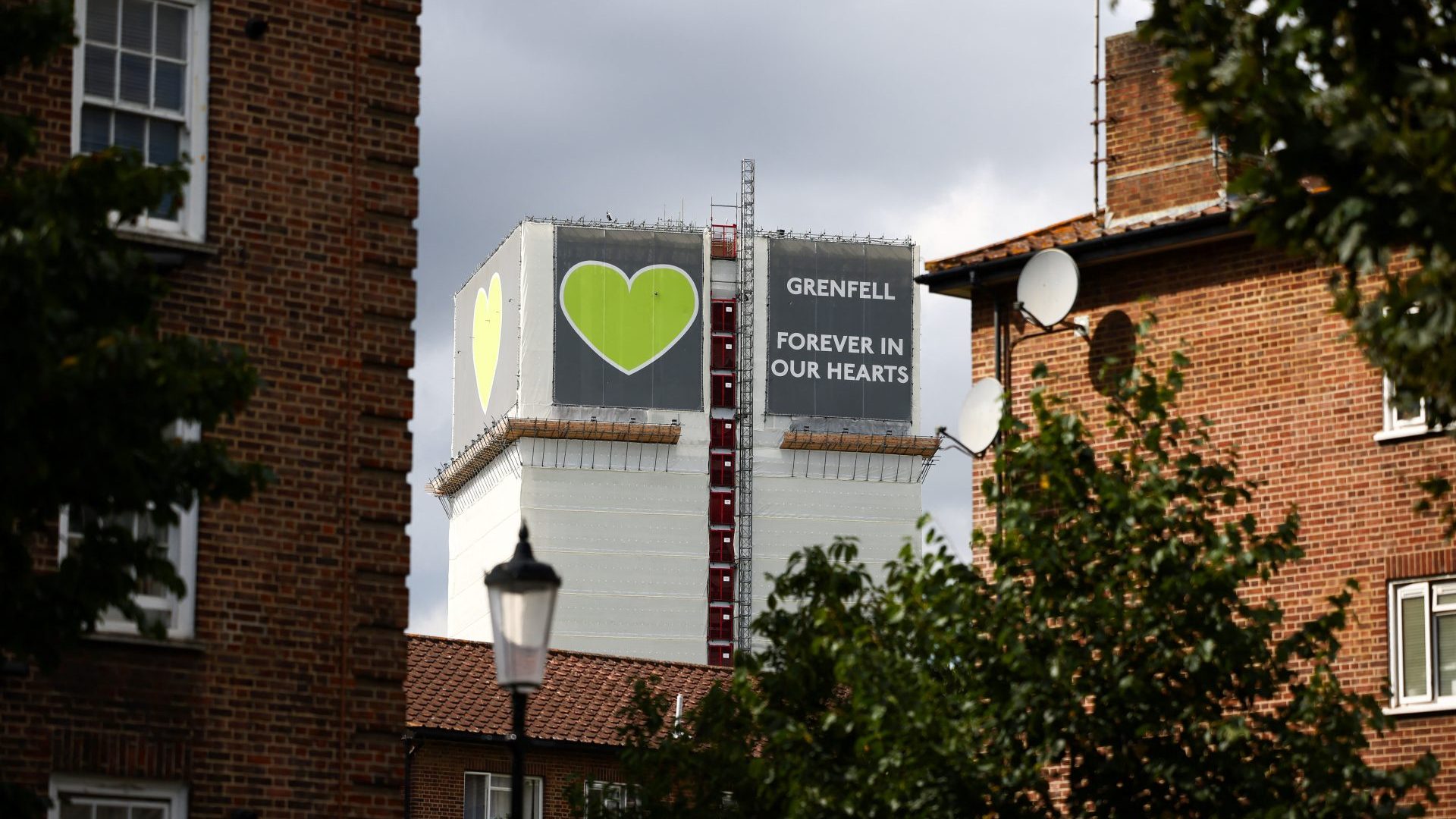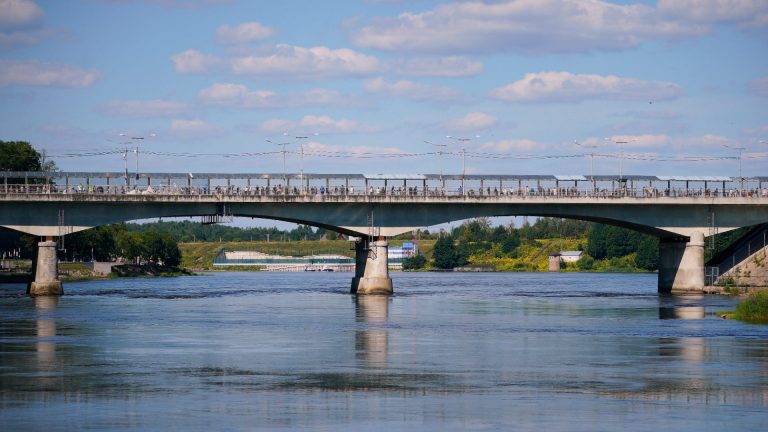Seven years after it was established, the verdict of the Grenfell Tower Inquiry is in, and it is damning: the deaths of 72 people and the homelessness of hundreds more was an avoidable tragedy. Worse, it was a foreseeable one – the deaths in Grenfell Tower were deaths of deregulation, and deaths of the greed it enabled.
The panel pulls few punches. The fire was “the culmination of decades of failure” by central government, regulators and the construction industry to examine “the danger of incorporating combustible materials into the external walls of high-rise residential buildings and to act on the information available to them”.
There is no shortage of blame to go around, and the panel does not shy away for apportioning it. By 2016, the government was “well aware” of the risks of combustible cladding panels and insulation – “particularly to high rise buildings” – but “failed to act on what it knew”.
The basic problem was that safety regulations were changed to allow companies to self-certify that their cladding products met particular standards, rather than these being subject to independent scrutiny.
The regulators that should have supervised this self-regulation failed amid conflicts of interest, governments and councils shrugged off the responsibility as someone else’s problem – and some companies concerned cashed in despite knowing of the safety concerns.
The toxic mixture of deregulation and greed was deadly. Other failures, such as tight budgets, difficulties of the fire service, and a breakdown in relations between Grenfell residents and the tenants’ management organisation compounded the tragedy, but were not what lay at its core.
The report details the failings of each organisation in turn. The government should have been able to “heed the warning” of a parliamentary report as early as 1999 that “it should not take a serious fire in which people were killed before steps were taken to minimise the risks posed by some external cladding systems”.
It was “on many occasions ”made aware” the safety standard was “inappropriate”. It “displayed a complacent and at times defensive attitude to matters affecting fire safety”. All of this was made worse because the government’s “deregulatory agenda… dominated the department’s thinking to such an extent that even matters affecting the safety of life were ignored, delayed or disregarded”.
The Building Research Establishment, despite holding a “trusted position” in the construction sector and being seen internationally as a leader in fire safety, produced multiple reports into fires that were “far from comprehensive” and “failed to identify or assess important contributory factors” to fires before Grenfell. It was beset by conflicts of interest that compromised “its integrity and independence”.
Manufacturers of the cladding and insulation that made Grenfell a fiery deathtrap went further than merely being compromised, instead being found to have engaged in “systematic dishonesty”, using “deliberate and sustained strategies to manipulate the testing processes, misrepresent test data and mislead the market”. The panel found that the Building Research Establishment was “complicit in that strategy”.
Individual manufacturers are targeted for blame. Arconic Architectural Products, who manufactured the rainscreen panels used in the external walls of Grenfell (known as Reynobond 55 PE), were found to have “deliberately concealed from the market the true extent of the danger of using Reynobond 55 PE in cassette form, particularly on high-rise buildings”.
They had been warned of those dangers since 2007 – a decade before Grenfell – and by 2011 “were well aware” their product “performed much worse in a fire and was considerably more dangerous than in riveted form”, but remained “determined to exploit what it saw as weak regulatory regimes in certain countries (including the UK)”. Tragically, alternative and genuinely fire-resistant alternatives were available, but Arconic did not withdraw its own unsafe product from the market.
Celotex, who manufactured insulation used at Grenfell was found to have “embarked on a dishonest scheme to mislead its customers”. Multiple other manufacturers and oversight bodies are singled out for criticism.
The report is clear and it is damning. While there are no shortages of failures to address, the core culprit of the Grenfell tragedy is deregulation. The potential criminal and civil culpability of different actors in that chain will be established elsewhere, but the key to preventing future tragedies like Grenfell lies in tackling regulation.
That was not the villain that was first highlighted by many in the media and pundit class, however – including, in a memorable cover, us at the New European. Long before any evidence was gathered, let alone the systemic 1,700-page report that was published today, the blame was laid at the door of the government’s austerity programme.
This made for great column fodder and let some lurid claims catch the public imagination – Grenfell had been covered in dangerous cladding so richer residents didn’t have to look at it (long ago debunked – it had been intended to make the tower cooler for residents in summer and warmer in winter).
Or it was caused by cuts to government spending, where in reality had the council not engaged in a well-intended but ultimately tragically misguided attempt to improve and renovate the tower, the fire would not have happened.
Seventy-two people lost their lives in Grenfell Tower and hundreds more lives were irreparably damaged. Thousands of people across the country have spent the years since Grenfell living in fear of the cladding on their own flats, some of them also facing the prospect of huge bills to rectify the problem.
Getting justice for those killed or made homeless, finding the right people to blame, and finding the right remedy for those still trapped in unsafe flats relies on finding the right culprit for the tragedy, not jumping on the first one that suits our politics. Blaming the wrong cause reduces the focus on the right one.
There is, as the report shows, no shortage of real villainy in the Grenfell tale. Those who jumped to politically convenient conclusions do not belong anywhere near the top of that list – but by muddying the waters, they have made getting justice just that little bit harder. There should be some space for self-reflection from them today, too.










